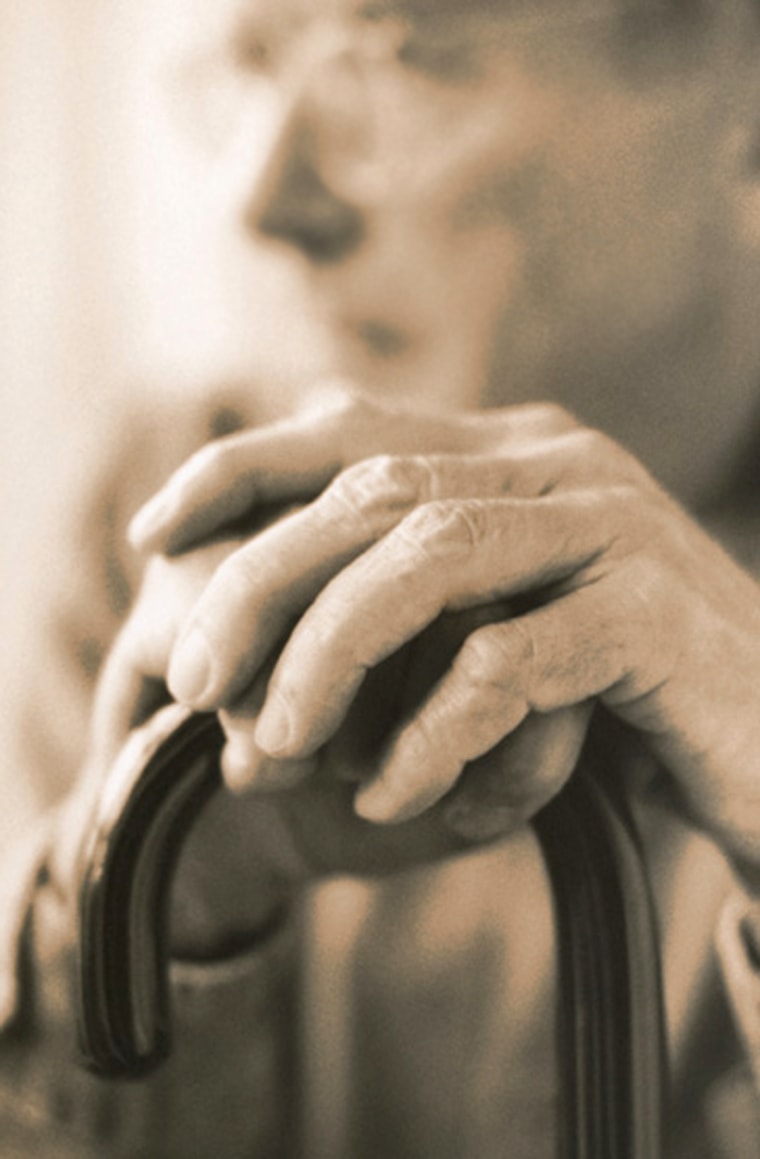Many people believe that those who plan to vote for President Bush in the upcoming election are crazy, while a large number of other people think those who plan to vote for Sen. John Kerry are nuts. Whichever view best describes your position, it's all too easy to dismiss those who disagree with you as unfit to vote.
While Americans may joke that the voting preferences of those on the other side of the political spectrum are indicative of mental illness — humor aside — has our country actually come to grips with the question of cognitive impairment and the right to vote?
We all remember stories from Palm Beach County and other areas of Florida during the last presidential election in which older voters complained that the ballots were too confusing to use. Do the current methods used for voting block access for those with mental or cognitive impairments? And do those living in institutions, particularly the elderly in nursing homes, always get to exercise their right to vote even if they have a bit of memory loss or suffer from depression? And what are the standards for disqualifying someone from voting because of cognitive impairment?
Limited access
As the close election results in many states in 2000 made very clear, such questions are hardly trivial. And in what could be an exceptionally close presidential race this year, every vote is critical. So who should and should not be counted?

A paper published Tuesday in the Journal of the American Medical Association raises some very troubling issues about mental illness and voting. It is clear that many Americans with mental impairments are not given the right to vote even if their impairment in no way interferes with their ability to understand the positions of candidates and to make a choice.
The lead author of the JAMA study is my colleague Dr. Jason Karlawish, a specialist in bioethics and geriatrics at the University of Pennsylvania School of Medicine. He and his fellow researchers note that decisions about voter eligibility vary widely by state. Some states say that you cannot vote if a court has judged you insane or mentally incompetent, or if a legal guardian has been appointed for you. Other states do not say much at all about the voting rights of those with mental illness.
State laws aside, in the real world it is often family members or the staff at long-term care institutions and nursing homes who decide if the elderly get to vote or not. And losing the right to vote is not confined to the elderly who reside in nursing homes. If you are in a hospital as a result of anorexia, a suicide attempt or depression, the chances are good that you will not be given the opportunity to cast your ballot.
Lingering stigma of mental illness
Historically, literacy tests were used to keep the poor and minorities from voting. While there are obviously many people who are too mentally ill to vote, the lingering stigma of mental illness and retardation — as well as stereotypes about the elderly — may still be denying many people their right to participate in elections.
If understanding how to use a ballot is the problem, then people who need special help should get it. If those who run nursing homes or homes for the mentally impaired, or who serve as guardians for others, simply don’t offer patients the opportunity to vote, then states need to step in.
In the decade to come, millions more Americans will join the ranks of the elderly as the baby boomers age. Not only will many end up in nursing homes, but just like anyone else who's getting older, they will be at an increased risk for depression and dementia. Given the large numbers of people involved — and the fundamental individual rights at stake — it is not too soon to tackle the problem of voting for the elderly and mentally impaired.
Arthur Caplan is director of the Center for Bioethics at the University of Pennsylvania.
